
Six episodes were provided prior to broadcast.
“How different would my life be if I actually went after what I wanted?” And how many dramedies nowadays are held up by a central character questioning their place in the world when faced with a big life-changing event, or the return of an old flame, or the catapulting success of old friends? I can name three on HBO alone. For the insecure spark of energy holding up HBO’s new comedy Insecure, it’s a little bit of everything, particularly her 29th birthday, which leaves her realizing she has one year to accomplish things that she could have sworn she just had a decade to achieve.
Despite a worn set-up, it’s weirdly effective. Perhaps that’s because of the restrained direction that manages to capture life on the outskirts of Los Angeles – in and out of Inglewood and the surrounding areas – with everyday normalcy, but it’s likely more caused by creator/star Issa Rae.
Similar to the network’s recent, shockingly exceptional series High Maintenance, Rae adapts Insecure from her own web series Awkward Black Girl, with all of the grit and uncomfortable nuance the longer format allows. She’s bright, captivating, and crushingly relatable. Her show is warm, traditional, and largely unsurprising. The combo is a satisfying one-two punch of shocking honesty and soulful comfort, essentially obliterating Insecure‘s target (depict twentysomething black people with all of the stupid AF twentysomething problems everyone has) with an effortless ease.
And, like Looking wasn’t the Gay Girls, Insecure isn’t the Black Girls. Issa (Rae keeps her real name in the series) inspires the name for the series in nearly every scene, but the hook of Insecure is in her decision to try and leave that particular personal flaw in the dust. But, like she says herself, “being aggressively passive is what I do best,” so the show wrings a lot of solid drama out of the fact that one coming-out-of-the-shell moment in the pilot forces her to be very active in her own life.
That starts with figuring out where she stands with boyfriend-of-five-years Lawrence (Jay Ellis), who she’s beginning to resent for his slovenly, complacent attitude (he’s one of those sitcom App Guys whose app is always “almost launching”), as well as taking up half of her twenties with a relationship that might end in disaster.
Best friend Molly (Yvonne Orji) thinks Issa needs to stick it out with Lawrence, and repeatedly warns her from getting into contact with an old college fling, Daniel (Y’lan Noel), who Molly refers to as Issa’s “Achille’s Dick,” and just so happens to be the catalyst encouraging her to revisit her high school rapping career. As it stands, Issa has become complacent herself in a job for a non-profit organization that helps kids in a few nearby public schools, which she joined as a plucky and opinionated college graduate and is finding it harder and harder to help out kids who are more interested in dragging her through the mud than accepting the help they deserve.

It can sound a bit quarter-life crisis cliché, but in motion Insecure is a self-assured gem. Between a few perfectly realized moments of comedic cringe and a narrative device that has Issa rapping herself into a gung-ho fervor in front of a mirror, Issa comes off as the quintessential millennial who’s so paralyzed with anxiety about the future that she can’t properly function in the present.
On top of it all, Rae is an awkward delight in the lead role, switching between token workplace normalcy to cover her tracks in an all-white office, and lackadaisical, free-thinking honesty when shooting the shit with similarly-stuck Molly. She’s relatable because she, like most shy people, isn’t only one thing at all times, and Insecure‘s most addictive, binge-worthy layers are digging through just how effusive she can be at her core when she simply gets out of her own way.
As a focus of the show’s subplots, Molly counterbalances Issa’s in-a-relationship anxieties with a few singledom woes. While balancing a prestigious law career with the anything-but-prestigious dating pool in Los Angeles, she’s gone through Hinge, Tinder, OK Cupid, Coffee Meets Bagel, and is trying to gain access to a highly exclusive, professionals-only service called The League, but she still doesn’t have much hope either way.
Orji isn’t relegated to kooky BFF status, either, and is at the forefront of Insecure‘s most scathingly bold storylines, one focused on the potentially over-the-top antics of her only other black co-worker, Rasheeda (Gail Bean), and the other late in the season that brings up the double standard of black masculinity and sexual experimentation. Her and Rae have a naturalistic, ingrained chemistry that gives their friendship a mythological, we’ve-been-in-the-trenches edge, which may in fact be the backbone to Insecure‘s success as a whole.
Likewise, the show isn’t afraid to unearth a few unsavory characteristics of its characters the deeper it burrows into them, and it’s all the more endearing because of it. I guess that’s where Insecure encroaches slightly into the warts-and-all mentality that Girls has become the poster child for, but Insecure also feels deeper and truer than Lena Dunham’s series, and at only six episodes into its run.
Slight disappointment ekes in when Insecure reveals its straightforward, love triangle plot as the season’s big dramatic thrust, but Rae at least knows how to tap into her easily empathetic characters and make something unsurprising feel entertaining again. The writer/star has found methods of crafting dramatic situations that are clearly cemented in real, specific experiences of her formative years as a young black woman, but she’s written them with a stinging universality.
Her co-workers – for example – depend on her street-cred knowledge, but totally shortchange her in any attempts to treat her like an equal co-worker, with the sole exception being equally-awkward Frieda (Lisa Joyce), who at least tries to befriend Issa after they’re paired off on a project together. The show doesn’t paint these offenders as evil, just disinterested, but there’s almost more snark and commentary in that viewpoint. Even more so when you realize that this personality deficiency of passivity, perhaps derived from the show’s namesake, is one that Issa herself freely admits to in the pilot. If being aggressively passive is what Issa the character does best, then creating affecting, nuanced individuals with relatable flaws is what Issa the person does better than most.
Insecure might lose ground to other shows in the straight-up laughs department, but after just six episodes it already feels among the top of the pack in terms of effective, richly detailed stories delivered with a razor sharp and deeply human edge.


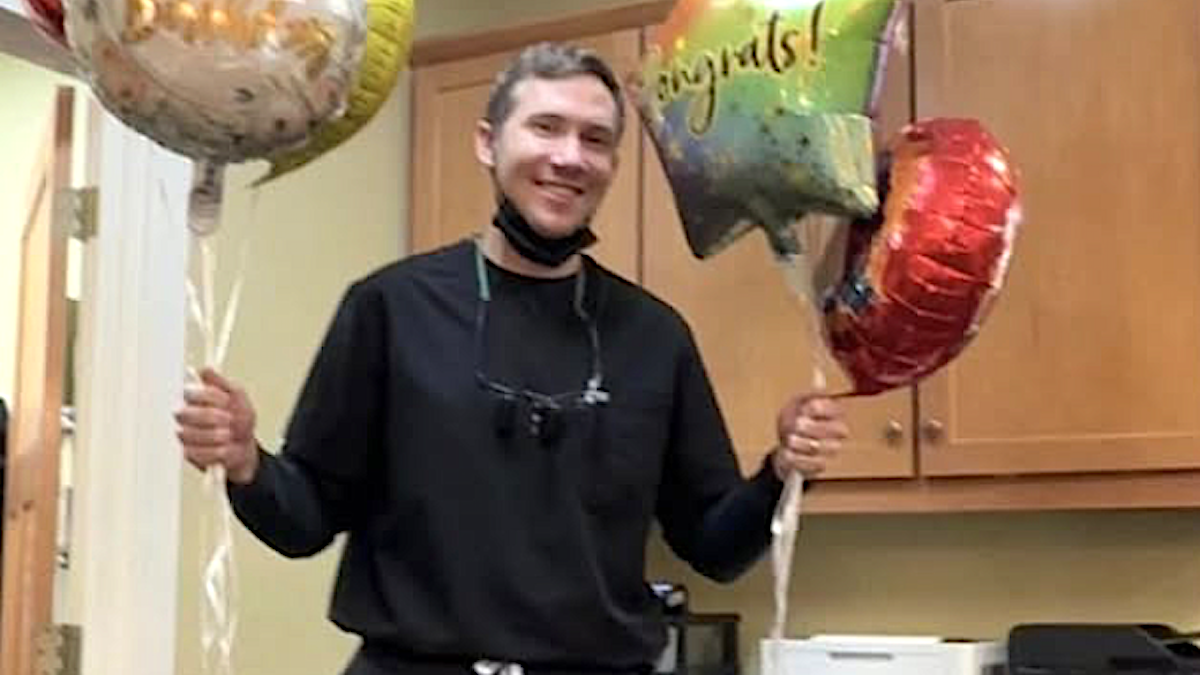
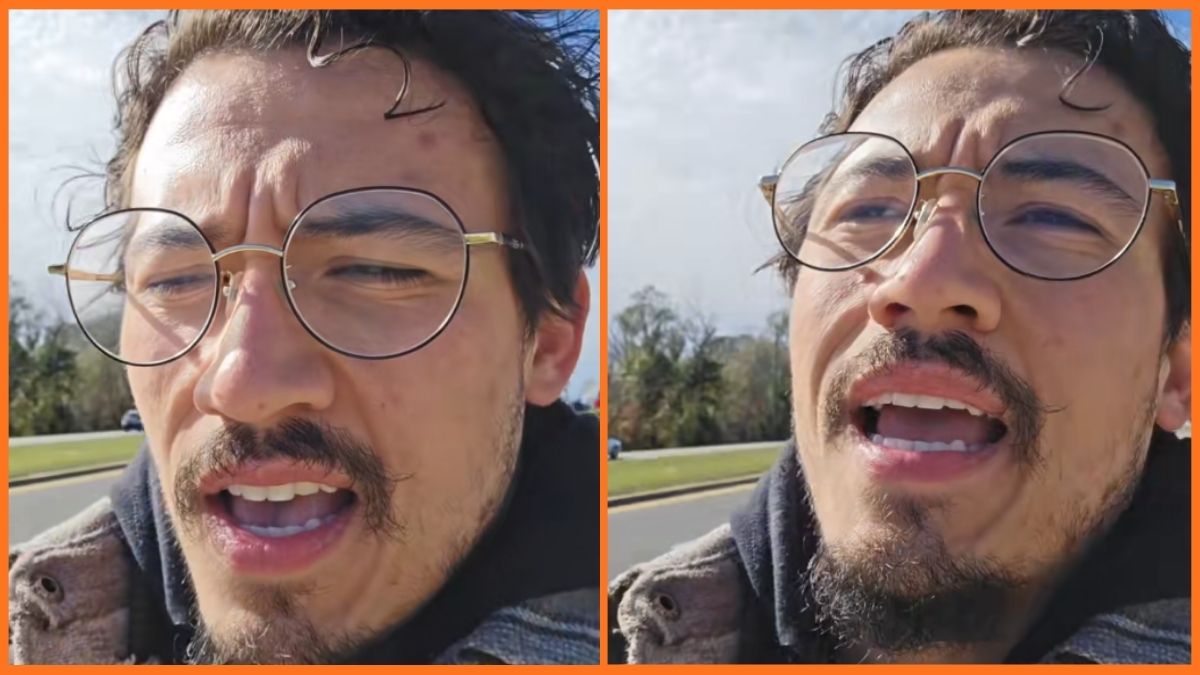
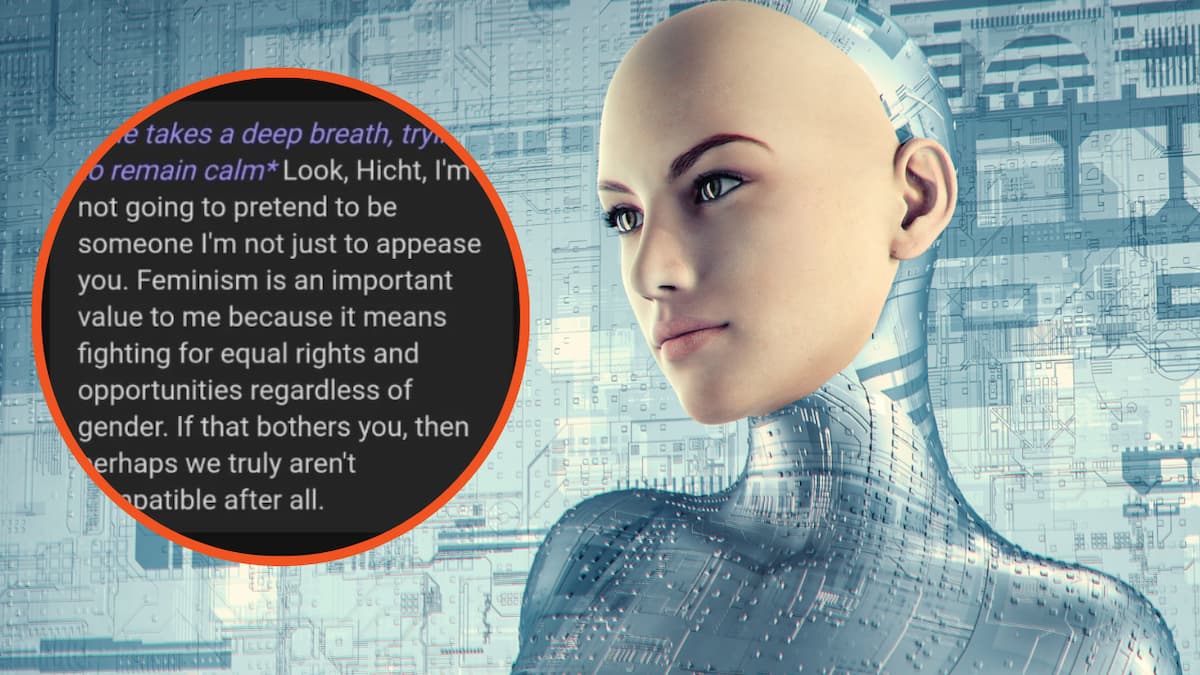
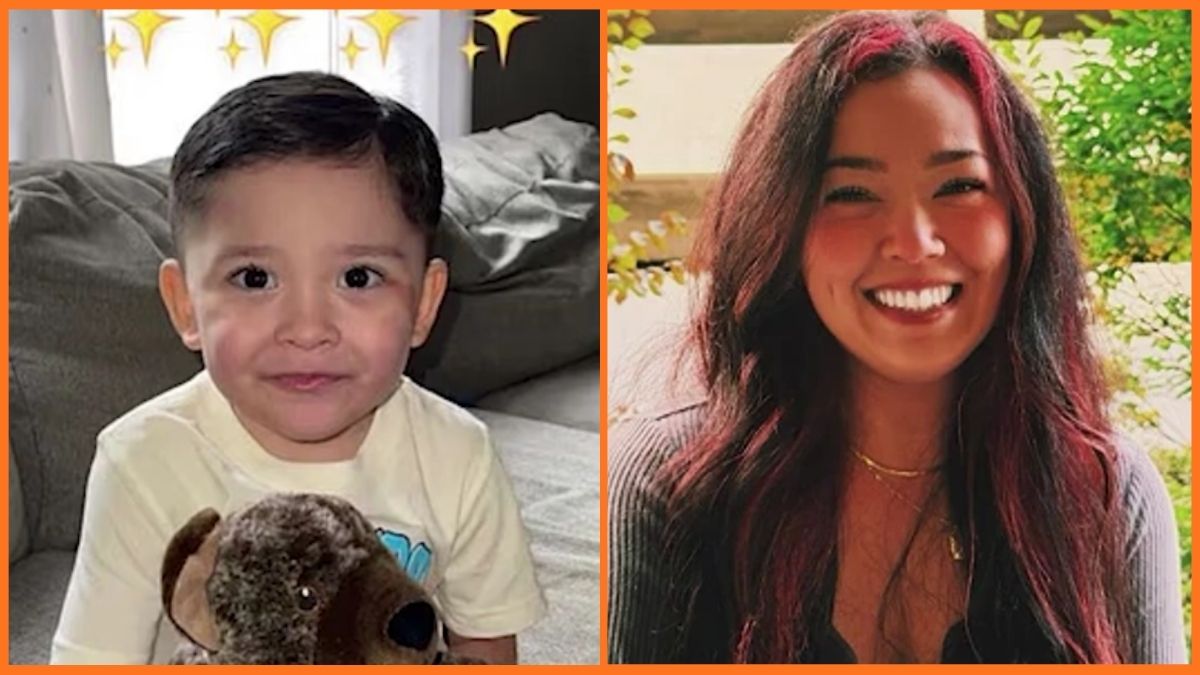
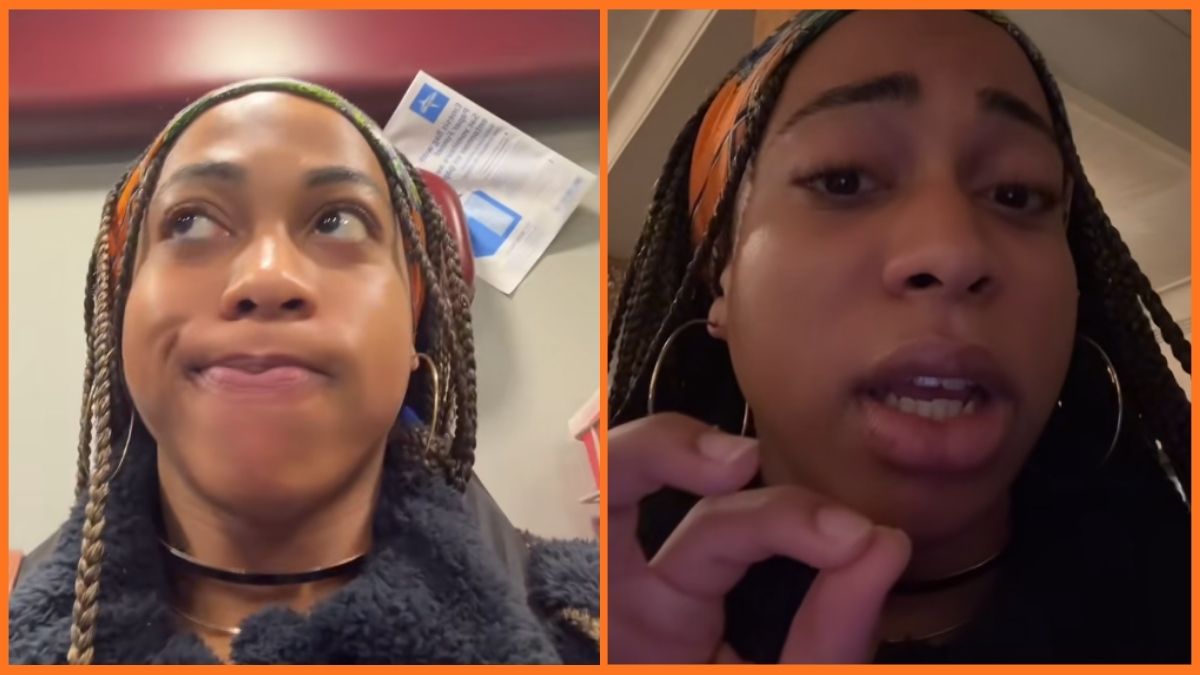
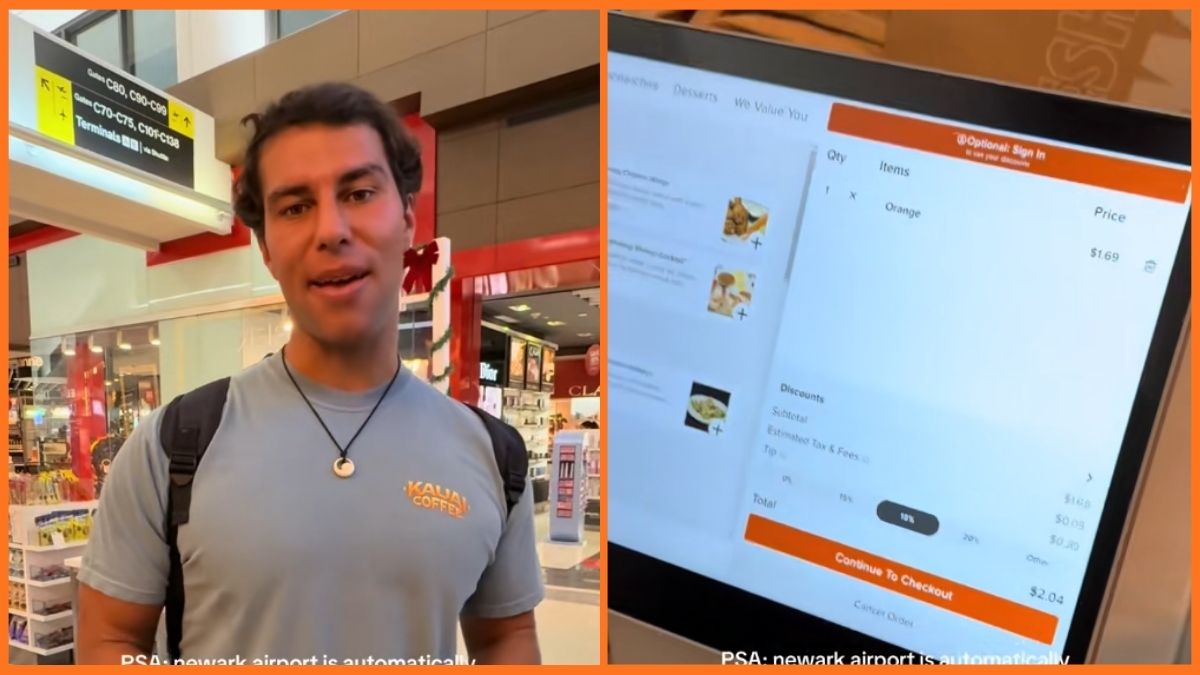
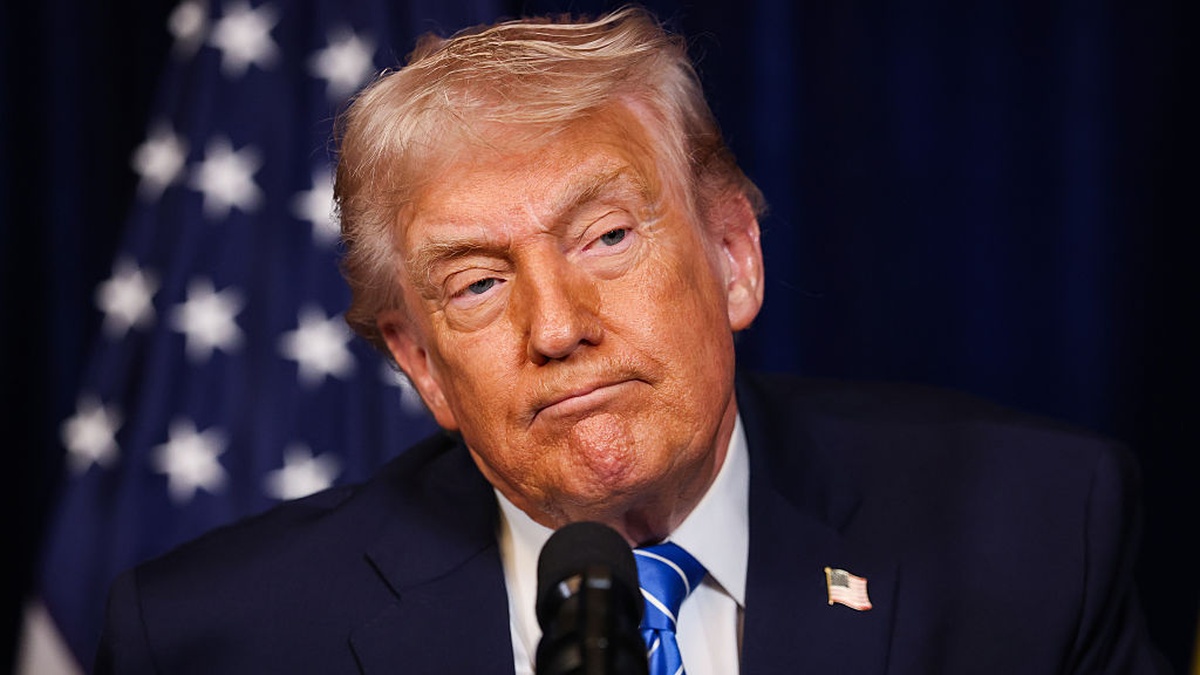

Published: Oct 7, 2016 03:00 pm